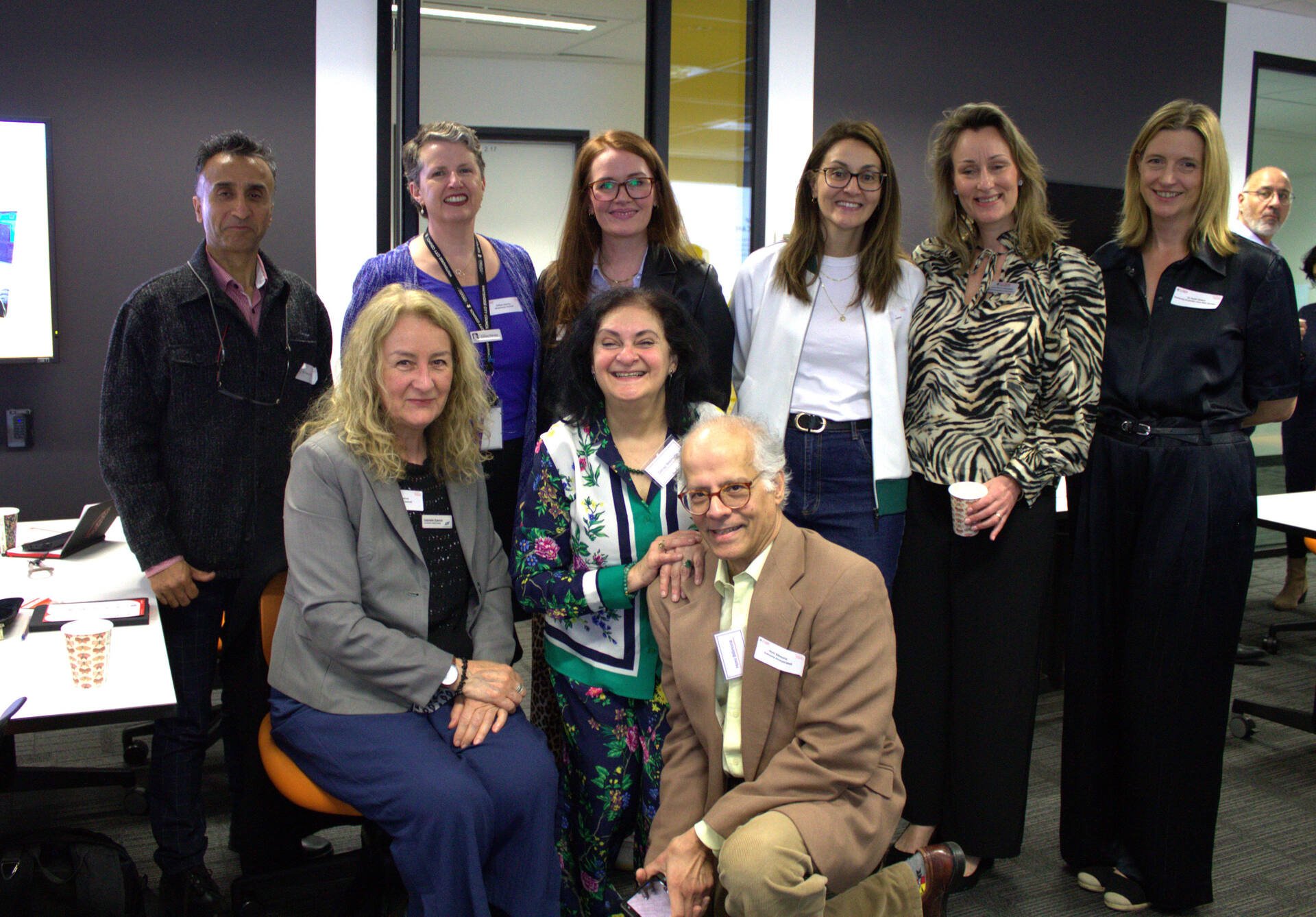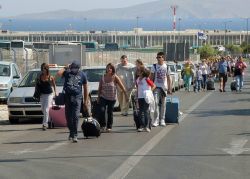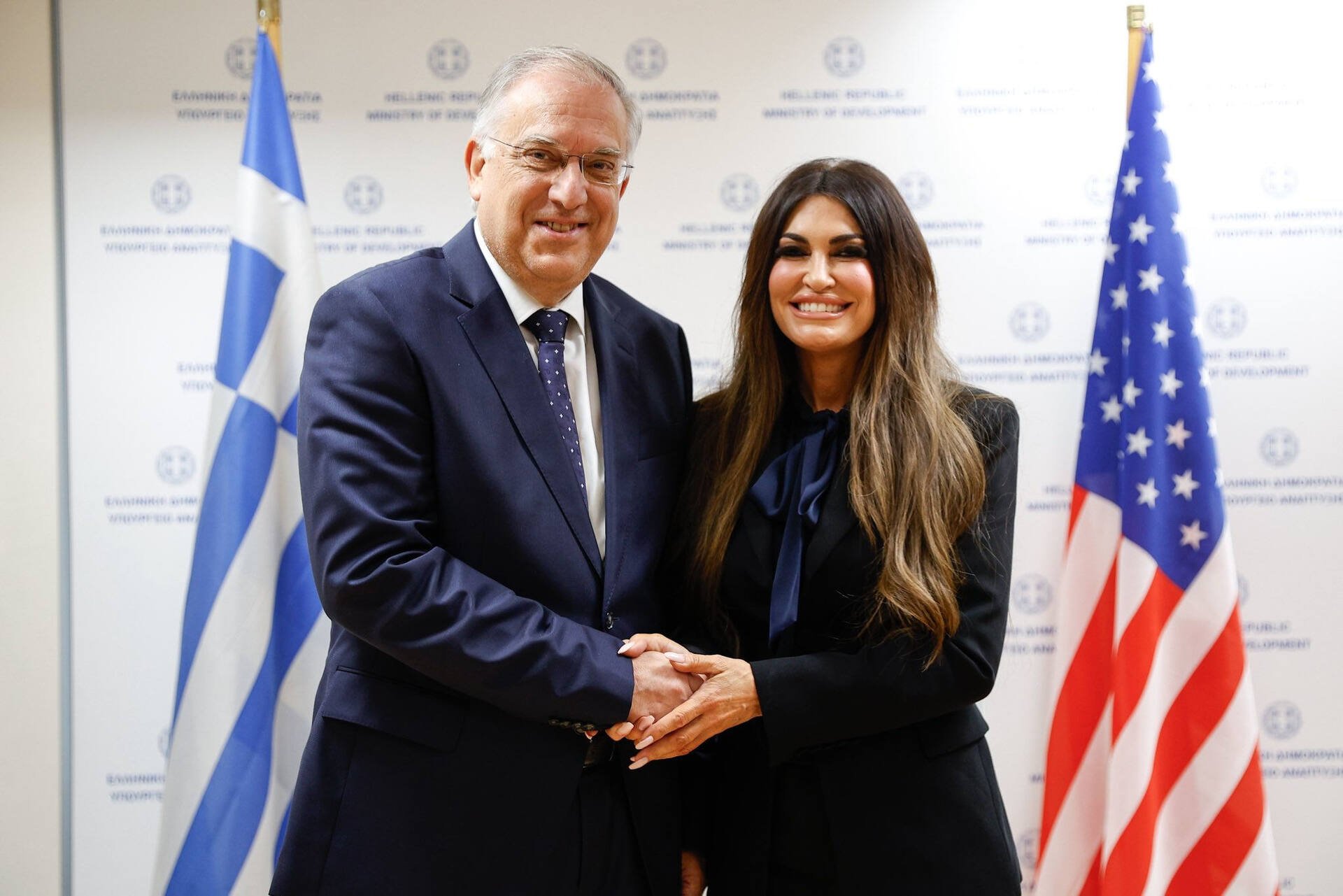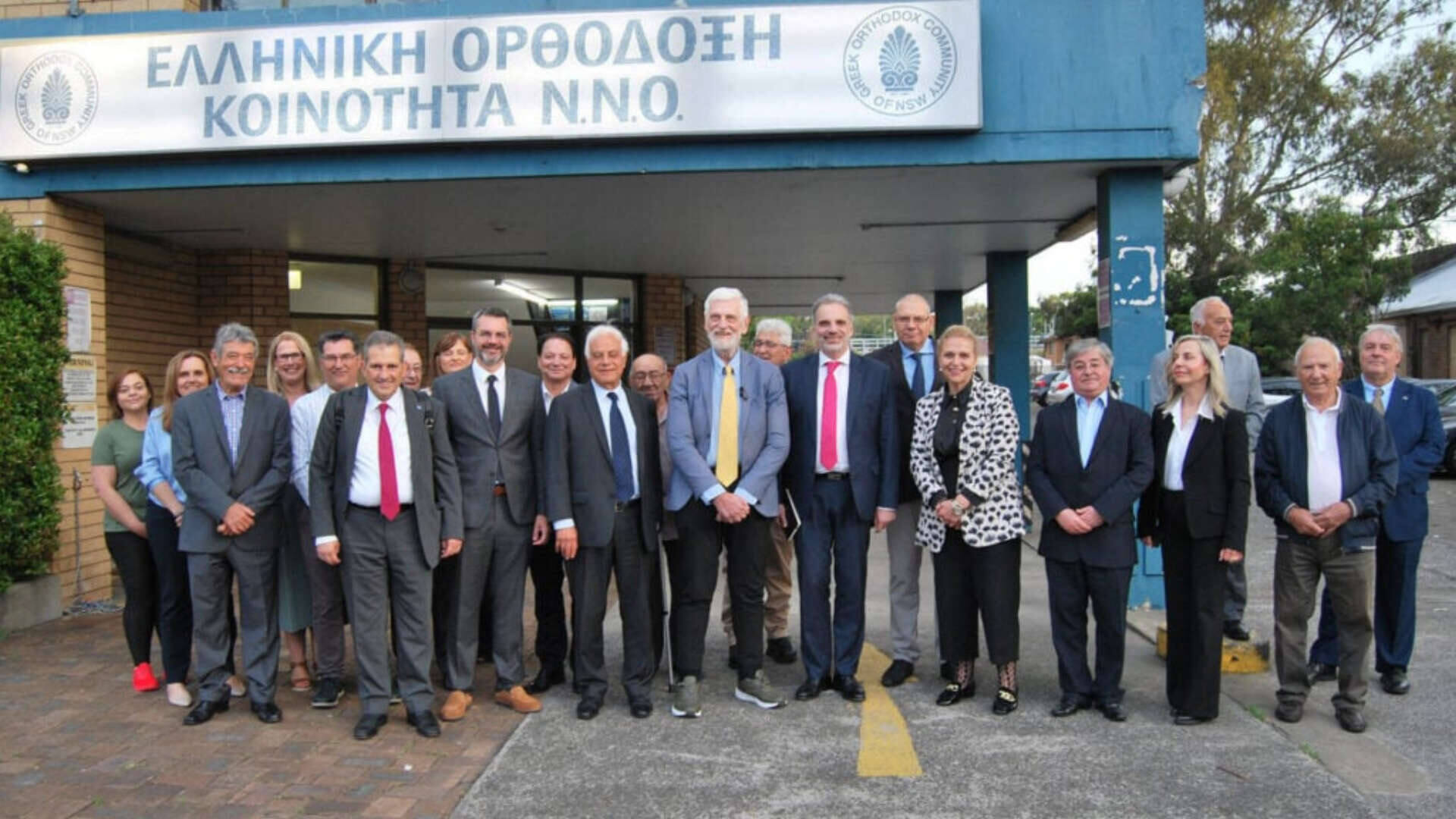The power of prevention in the fight against dementia is in the hands of our community
Source: NEOS KOSMOS
Dementia — including Alzheimer’s disease — has become Australia’s leading cause of death, surpassing ischaemic heart disease, with new ABS figures showing it was responsible for more than 17,500 deaths in 2024. While there is still no cure, global research suggests up to 40 per cent of cases could potentially be prevented through changes linked to 14 lifestyle-related risk factors.
With prevention steadily becoming a national priority, a unique community-centred initiative was launched last week at La Trobe University.
MindCare, a dementia-prevention education package created with and for multicultural communities, has been tailored specifically for Greek, Arabic, Hindi and Vietnamese groups.
Led by Associate Professor Jo Antoniades, a health communication specialist, the program gives community organisations ready-to-use workshops co-designed with bilingual workers and local community members with the goal to make brain-health education culturally relevant, practical and accessible.
“It is important to keep in mind that dementia is not a normal part of ageing. It is a non-communicable disease impacting the brain. While it may impact behaviours significantly depending on the type of dementia and stage, it is not actually a psychological illness but rather a neurological condition,” Dr Antoniades told Neos Kosmos.
Delivered by bilingual community educators, the workshops include slide packs, participant handbooks in multiple languages, group activities and take-home tip sheets. The focus is on small, manageable changes, such as regular hearing tests, healthy eating, increased physical activity, that can reduce dementia risk over time.
“We didn’t want a prescriptive program. We wanted something simple, achievable and culturally relevant. I don’t like the word ‘diet’ because people tend to link it to weight loss. It’s really about adding the good things in, like nuts, berries, leafy greens, and making these changes doable and stress-free.”
Another aim is to challenge misconceptions. Hearing loss, for instance, is one of the most overlooked risk factors. “Even if people just get their hearing tested once a year, that’s a huge step,” she says.
A community-driven need
The idea for a prevention-focused program came directly from the community, Dr Antoniades explains. With dementia cases projected to triple to 153 million globally by 2050, ethnic community organisations were urgently requesting resources that promote awareness and lifestyle changes—especially during midlife, a critical window for maintaining long-term brain health. Though she adds, it is never too late to make small changes to reduce your risk.
The 14 known dementia risk factors include: low early-life education, social isolation, air pollution, traumatic brain injury, hearing loss, depression, high blood pressure, diabetes, obesity, physical inactivity, smoking, excessive alcohol consumption, uncorrected vision loss, and high LDL cholesterol.
These factors don’t operate in isolation. “For example, with hearing or vision loss, people feel alienated. They can’t engage in conversation as they used to, and that leads to depression, withdrawal, decreased physical activity. It’s all connected.”
A better understanding of the link between heart health and brain health is also crucial.
“If we work toward better cardiovascular health, we can also avoid many of the neurological issues that lead to certain types of dementia, such as Alzheimer’s.”
While mainstream dementia-prevention awareness programs exist, they rarely reflect the lived experiences of multicultural communities. MindCare fills this gap, even to the point of including culturally relevant recipes.
For the Greek community, that means returning to the principles of the traditional Mediterranean diet, not its modern café-culture reinterpretations. “The Mediterranean diet is good for your brain. But it’s not the Oakleigh diet,” she laughs.

What the trial revealed
During the trial phase across Australia, Dr Antoniades attended every workshop. One finding stood out: face-to-face delivery was important. Participants thrived when learning in their own language, with their peers in familiar environments, and with educators who understood their cultural context.
“Ninety-nine per cent of participants loved the workshops. The social connection was powerful.”
Each community made the workshop their own. Vietnamese food here, Greek mezze there, Lebanese dishes elsewhere. More importantly, people reported real behavioural changes. Some parked further from shops to increase daily steps; others joined exercise groups; many understood for the first time the link between hearing loss and dementia.
Among Greek participants, misconceptions about hearing loss were especially strong. “I’m hoping these resources eventually benefit as many people as possible across Greek, Arabic and the other communities,” Dr Antoniades says.
Putting research into people’s hands
For Dr Antoniades, the purpose of the project is meaningful community engagement.
“What I really love is translating the evidence into something we can give back to the community. A lot of research ends up in a journal article, which is fine, but what’s important to me is making a difference in peoples’ lives. Working with communities, partnering with them, and producing resources that actually mean something.”
On a final note, Dr Antoniades points to a another serious issue surrounding dementia that is especially strong within the Greek community. The stigma that still exists. She hopes initiatives such as this can start changing public perception and misconception, and help make the lives of those affected by dementia more palatable.
In a recent focus group with the Greek community with older carers of persons living with dementia “it was very sad to hear how much stigma still envelopes this disease and the flow on effect it has on the lives of those impacted. One carer reported that she had been asked if dementia was contagious; family and friends had stopped visiting, others made fun of the person with dementia. This was supported by others in the group.”
How communities can access MindCare
Greek community organisations, and others, can download the full suite of resources at mindcare.org.au. Workshops can then be delivered independently using bilingual educators or in-house staff.
“It’s not medical advice. It’s public health. And it’s designed so that anyone can deliver it.”
Next steps include expanding modules for women—such as self-care and menopause content—and developing online delivery for rural and regional communities.
MindCare is funded through the Commonwealth’s Medical Research Future Fund and supported by a network of aged-care and community organisations.
The original article: belongs to NEOS KOSMOS .




